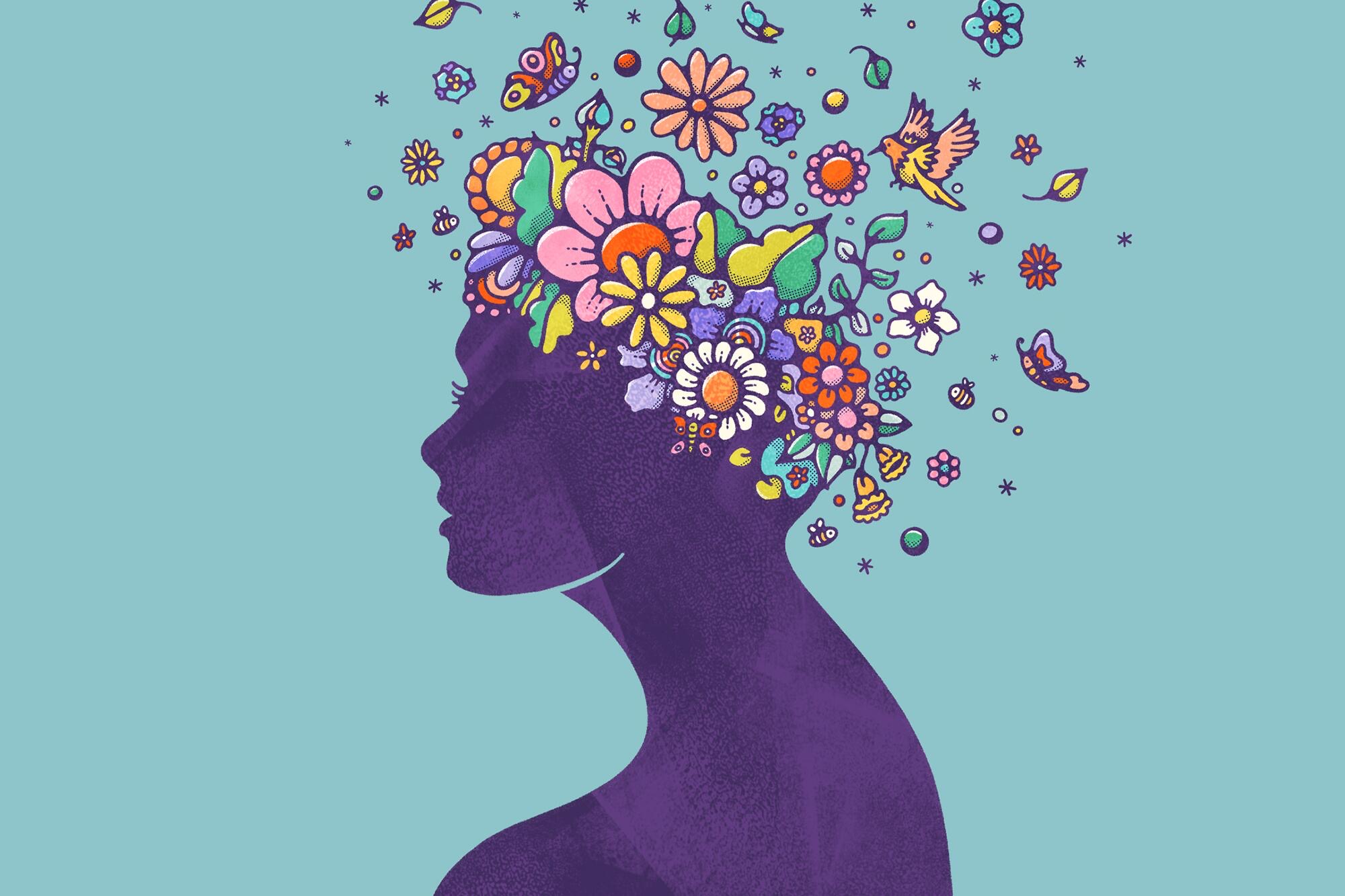You’re Missing Out! The Secret to Managing Stress and Anxiety Naturally


How to Manage Stress and Anxiety Naturally
Stress and anxiety have become common problems in today’s fast-paced world. From work pressures to personal challenges, many factors contribute to mental strain. While medication can help in severe cases, managing stress and anxiety naturally is not only possible but also beneficial in the long run. This article explores effective and natural ways to reduce stress and anxiety, helping you live a healthier, happier life.
Understanding Stress and Anxiety
Before addressing how to manage them, it’s essential to understand the difference between stress and anxiety.
Stress is the body’s reaction to external pressures or challenges. It can be short-term (acute stress) or long-term (chronic stress).
Anxiety is a persistent feeling of worry or fear, often without a clear cause. Chronic anxiety can affect daily life and overall well-being.
Now, let’s explore natural ways to manage and reduce stress and anxiety.
- Practice Mindfulness and Meditation
One of the most effective ways to reduce stress and anxiety is through mindfulness and meditation.
Mindfulness involves focusing on the present moment without judgment. It helps in calming the mind and improving focus.
Meditation helps in reducing negative thoughts and promotes relaxation. Even 10-15 minutes of daily meditation can significantly lower stress levels.
Tip: Try guided meditation apps or practice deep breathing exercises to enhance mindfulness.
- Maintain a Healthy Diet
What you eat has a direct impact on your mental health. A well-balanced diet can help regulate mood and energy levels.
Increase intake of omega-3 fatty acids (found in fish, flaxseeds, and walnuts) as they support brain function.
Reduce caffeine and sugar, which can cause mood swings and anxiety spikes.
Eat more whole grains and leafy greens that promote the production of serotonin, a mood-enhancing hormone.
Tip: Drink herbal teas like chamomile or green tea to relax your mind naturally.
- Get Regular Exercise
Physical activity is a powerful stress reliever. Regular exercise releases endorphins, the body’s natural mood boosters.
Cardio exercises like running, cycling, or swimming help release tension.
Yoga and stretching reduce muscle stiffness and promote relaxation.
Strength training improves resilience and confidence, reducing stress in the long run.
Tip: Even a daily 30-minute walk in nature can significantly reduce stress and anxiety levels.
- Get Enough Sleep
Lack of sleep can worsen stress and anxiety. Ensuring quality sleep helps maintain a balanced mental state.
Follow a sleep routine by going to bed and waking up at the same time daily.
Avoid screens before bedtime as blue light affects melatonin production.
Create a calming bedtime routine by reading or practicing deep breathing exercises.
Tip: Use lavender essential oil or calming music to improve sleep quality.
- Manage Time Effectively
Poor time management often leads to stress. Organizing your schedule can help reduce mental strain.
Prioritize tasks using a to-do list or planner.
Break tasks into smaller steps to make them more manageable.
Take breaks to avoid burnout and refresh your mind.
Tip: Use the Pomodoro technique—work for 25 minutes, then take a 5-minute break.
- Connect with Nature
Spending time outdoors is a natural stress reliever.
Exposure to sunlight boosts vitamin D levels, which helps improve mood.
Being in green spaces reduces cortisol, the stress hormone.
Engaging in outdoor activities like hiking, gardening, or picnicking helps clear the mind.
Tip: Take short nature walks or practice grounding by walking barefoot on grass.
- Stay Socially Connected
Loneliness can increase stress and anxiety. Social support is essential for mental well-being.
Talk to a friend or family member about your feelings.
Join a community or support group for shared experiences.
Engage in social activities to keep your mind occupied and positive.
Tip: A simple phone call to a loved one can significantly reduce stress levels.
- Practice Deep Breathing Techniques
Breathing exercises are effective in calming the nervous system.
Diaphragmatic breathing slows the heart rate and reduces anxiety.
4-7-8 breathing technique (inhale for 4 seconds, hold for 7, exhale for 8) promotes relaxation.
Alternate nostril breathing helps balance emotions and mental clarity.
Tip: Practice deep breathing for 5 minutes daily to improve stress management.
- Engage in Relaxing Activities
Hobbies and activities that bring joy can significantly reduce stress.
Listening to music has a calming effect on the brain.
Reading books can distract the mind from stressors.
Art therapy (painting, drawing, or crafting) provides emotional relief.
Tip: Engage in creative activities to channel your emotions positively.
- Use Herbal Remedies
Several herbs have natural calming effects.
Ashwagandha helps reduce cortisol levels.
Valerian root promotes relaxation and better sleep.
Lemon balm helps improve mood and cognitive function.
Chamomile tea is known for its anti-anxiety properties.
Tip: Consult a healthcare provider before using herbal supplements.
Conclusion
Managing stress and anxiety naturally is possible with the right lifestyle choices. Incorporating mindfulness, exercise, healthy eating, proper sleep, and social connections can significantly improve mental well-being. Start small, implement these strategies consistently, and you’ll notice a positive change in your overall mental health.
If stress and anxiety persist, consider seeking professional help. Your mental health is just as important as your physical health, and taking proactive steps toward a stress-free life is essential for overall well-being.




